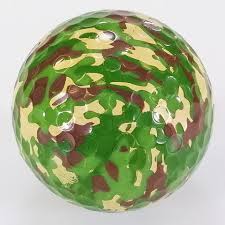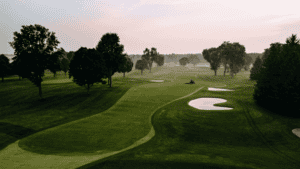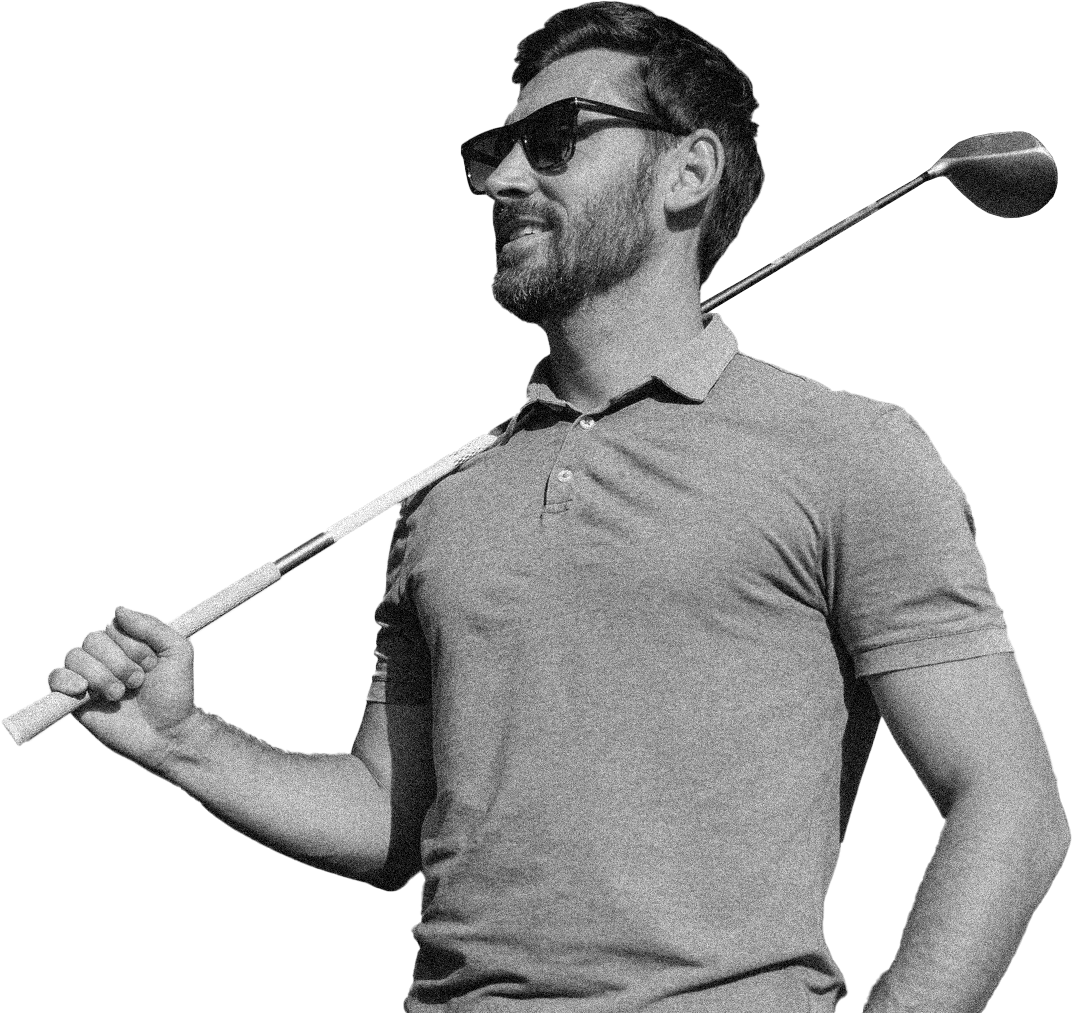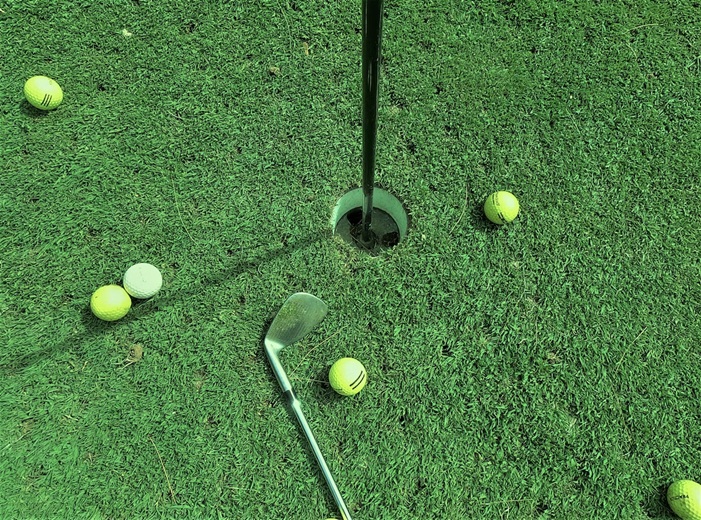Golfers everywhere are always looking for ways to improve their game. One of the most important pieces of equipment in a golfer’s bag is the golf ball. But have you ever wondered if golf balls can go bad?
In this blog post, we will answer that question and provide some tips on how to keep your golf balls in good condition. But first, if you are interested in golf lessons in Orlando, get in touch with us! Okay, let’s begin.
The Answer
The answer to this question is a resounding maybe. Golf balls are made of rubber and plastic, materials that don’t really go “bad” in the traditional sense of the word. However, golf balls can certainly degrade over time, losing their elasticity and becoming cracked or brittle.
So while golf balls might not technically go bad, they can certainly lose their performance capabilities over time. If you’re looking to get the most out of your game, it’s probably best to stick with new golf balls. But let’s dive into this a little bit deeper.
The Effects of Sunlight & Heat
One of the biggest enemies of golf balls is sunlight. Ultraviolet (UV) rays from the sun can cause the cover of a golf ball to break down, making it harder and less elastic. This makes it more difficult for the ball to compress when struck, which reduces its distance. In addition, heat can also cause the cover of a golf ball to break down and can make the ball feel softer.
The Effects of Cold & Moisture
Just as heat can cause problems for golf balls, so can cold temperatures. When it’s cold outside, the rubber in a golf ball becomes harder and less elastic. This makes it more difficult for the ball to compress when struck, which again reduces its distance.
In addition, moisture can also cause problems for golf balls. If a ball gets wet, the cover can absorb water and swell, which makes it harder and less elastic.
Stay Away From Retrieving Old Golf Balls From Bodies of Water
If you’re looking to save money, you might consider using balls retrieved from ponds and other bodies of water. However, it’s important to note that these balls may be in bad condition. In fact, a study by the USGA found that golf balls lose compression the longer they sit in water. So if you do decide to use balls retrieved from water, be sure to test them first to see how they perform. Chances are, it won’t be great.
How to Store Golf Balls Properly
As any golfer knows, having a good supply of golf balls is essential to the game. But what happens when you have too many golf balls? Or when you want to save your best golf balls for a special occasion?
Maybe you just want to learn how to preserve your golf balls for as long as possible. Whatever the reason, now that we’ve talked about some of the things that can cause problems for golf balls, let’s talk about how to store them properly.
There are a few things to keep in mind when storing golf balls.
Store Them in a Cool, Dry Place
First, they should be stored in a cool, dry place. If possible, avoid storing golf balls in places where there are extreme temperature changes, such as in a car that’s been parked in the sun. A garage or basement is ideal.
Keep Them Away From Direct Sunlight
Second, keep golf balls away from direct sunlight. If you must store golf balls in a place where there is direct sunlight, be sure to put them in a box or container that will block the light.
Use an Airtight Container
Third, use an airtight container. This will help to keep moisture and humidity out of the container and will prevent the golf balls from drying out. Since we know that moisture can cause problems for golf balls, this is an important step in preserving them.
And as a bonus tip, using a small amount of baby powder in the container will help to absorb any moisture that does manage to get into the container, and will keep your golf balls in peak condition.
The Bottom Line
While golf balls might not technically go bad, they can certainly degrade over time if they’re not properly stored.
So if you want to get the most out of your game, be sure to store your golf balls in a cool, dry place away from direct sunlight. And use an airtight container to keep moisture and humidity at bay. By following these simple tips, you’ll be sure to have a great game – no matter what your score is!
Do you have any tips for storing golf balls? Let us know in the comments! And if you’re interested in getting golf lessons in Orlando, we are here to help at John Hughes Golf. Our FAQ page is a great place to start. We are one of the top golf schools in Orlando.
Thanks for reading






